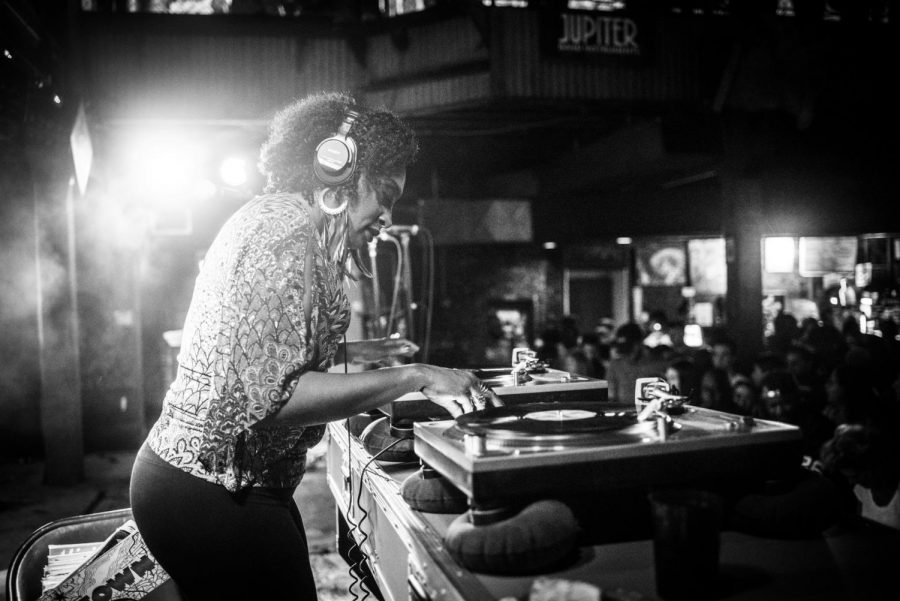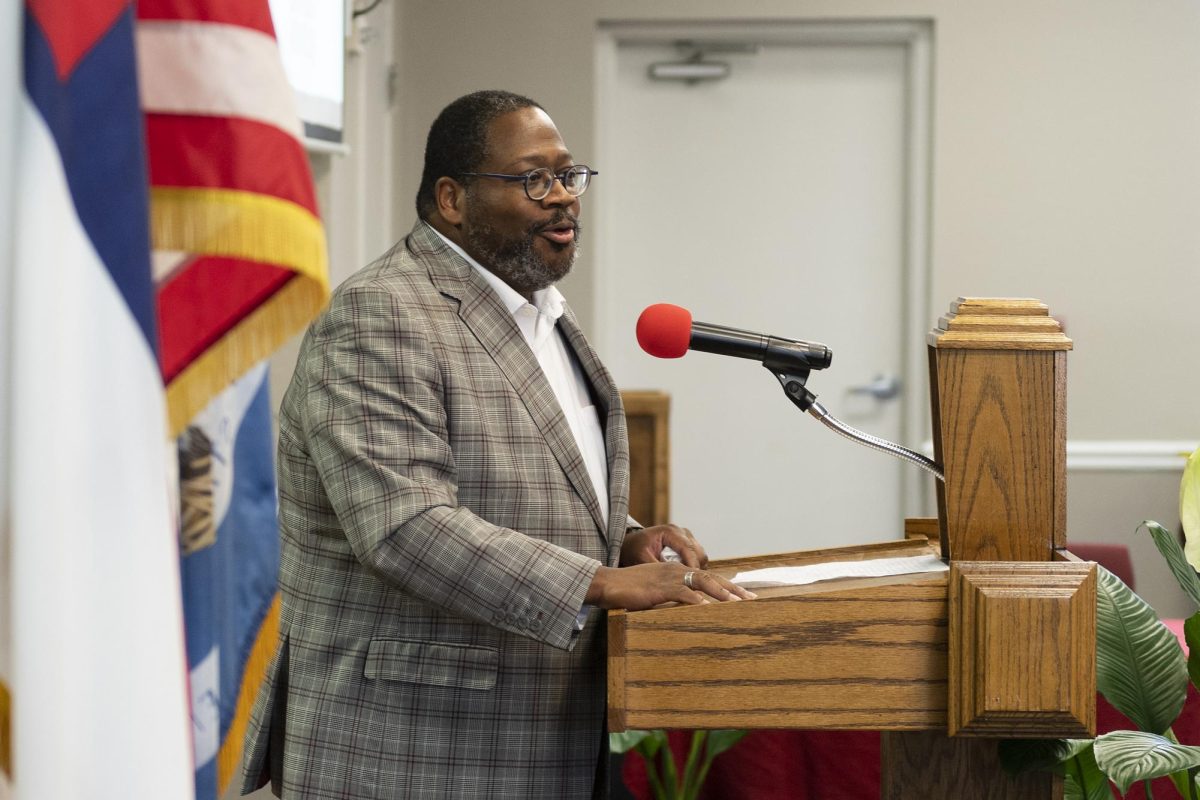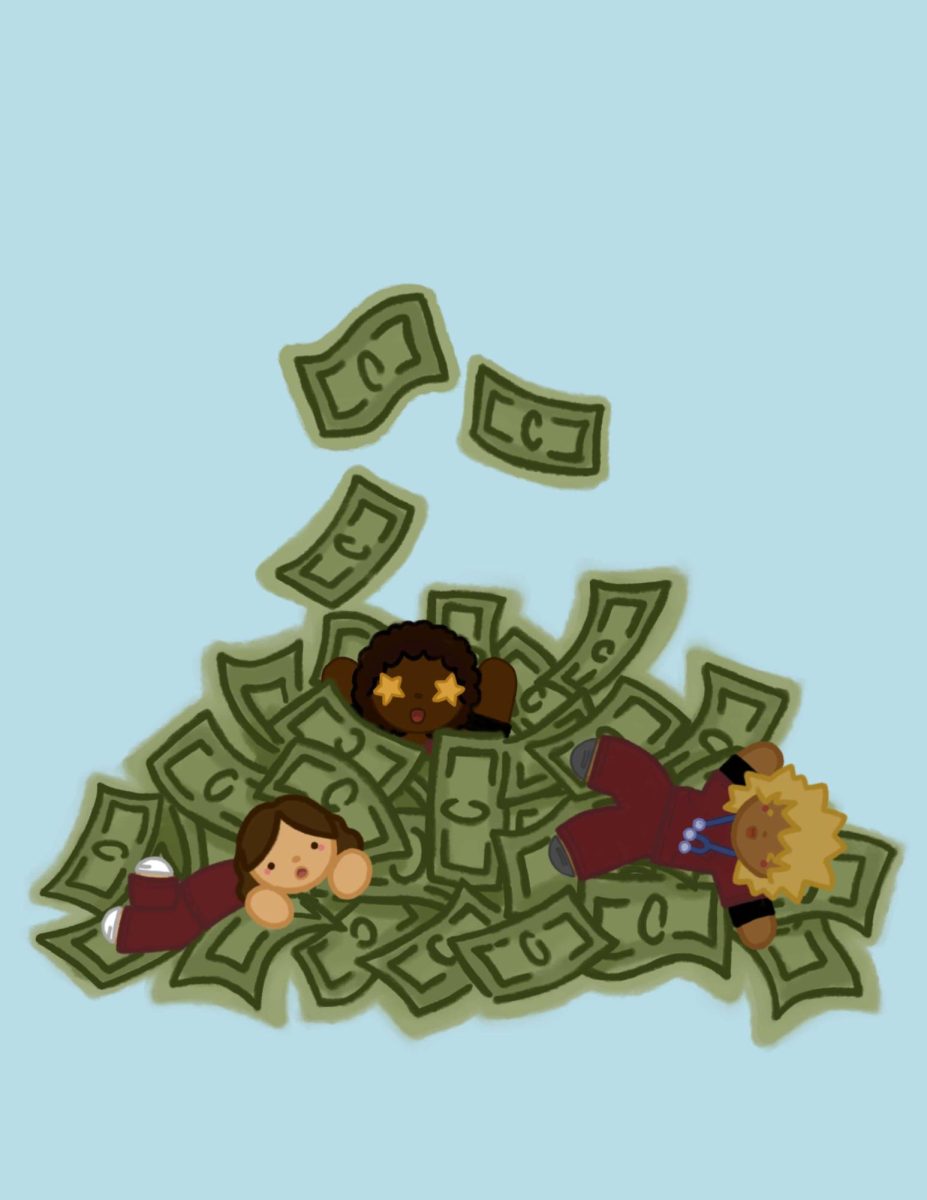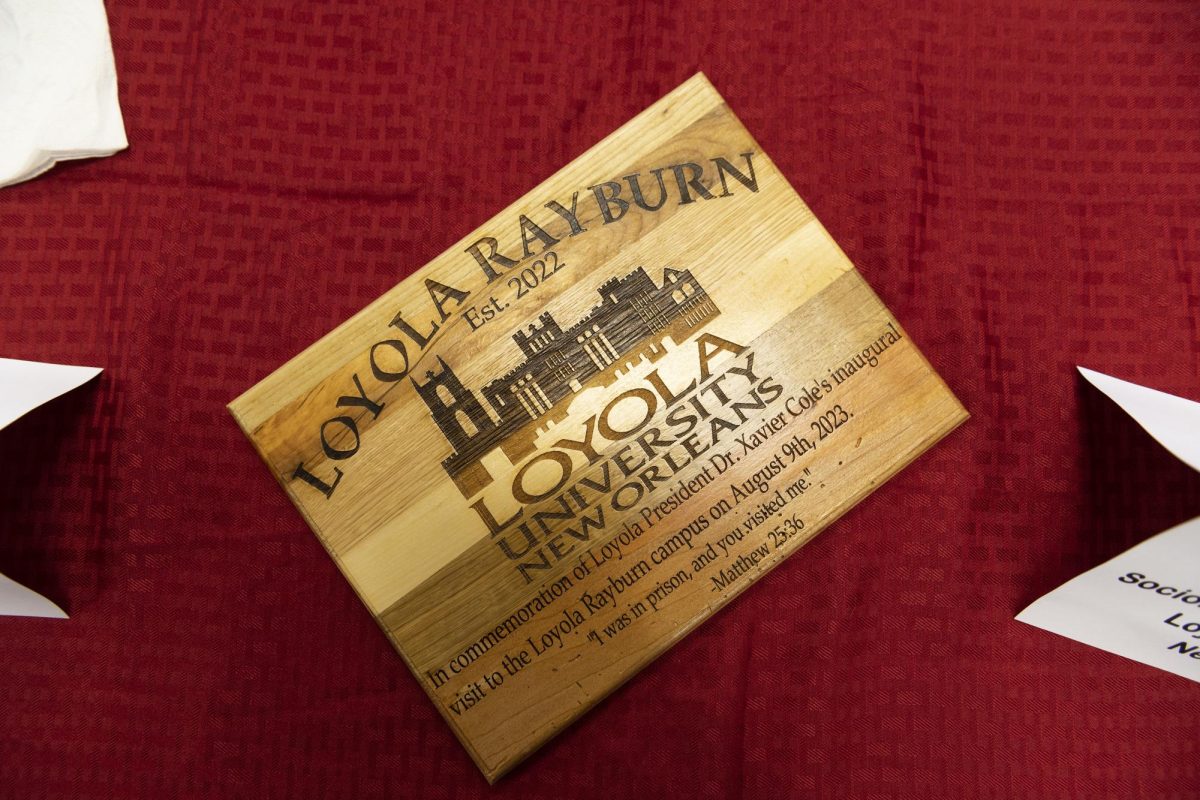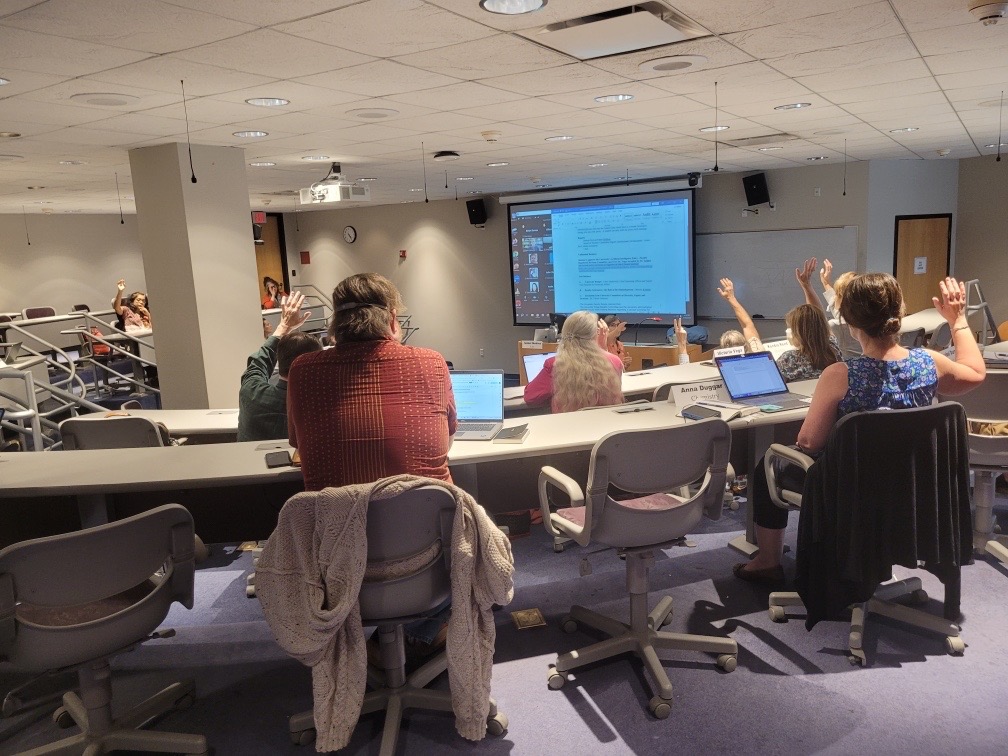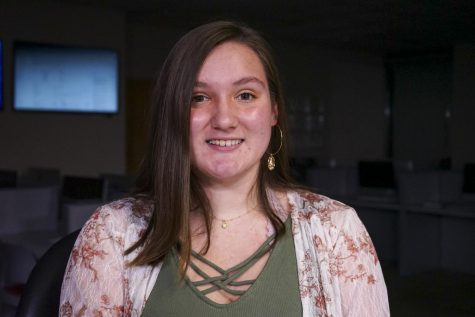Many people may recognize new music industry professor Melissa A. Weber as radio host and award-winning DJ Soul Sister or from her presentations at the International Association for the Study of Popular Music or the Pop Conference at the Museum of Pop Culture in Seattle.
As a performer, Weber mixes live sets using her collection of vinyl records. She has performed at festivals such as the Voodoo Music Experience and the New Orleans Jazz and Heritage Festival and opened for many of her heroes, including George Clinton and Parliament-Funkadelic.
She played her first show since the start of the pandemic on Sept. 26, performing at a virtual benefit for the local nonprofit Hagar’s House. To Weber, her part-time hobby of collecting records and DJing has turned into a full-time passion and life’s work.
“I feel that everything I’ve done is something that I have loved, whether it has been my Soul Sister life or the career path that I’ve set in the full-time world, which has involved higher education, arts and nonprofits,” Weber said.
Weber said she made a personal promise to herself after graduating from college to work only for nonprofits. That promise is reflected in her jobs leading up to and including Loyola. She worked for French Quarter Festivals, Inc. and the Contemporary Arts Center before going into higher education. She became an administrator at Tulane University in the undergraduate dean’s office and recently became the curator for the Hogan Jazz Archive, a division of Tulane University Special Collections.
Weber began teaching the History of Urban Music at the start of Loyola’s fall semester. The class is a broad look at the history of Black music from the twentieth century on. Weber said that Black music, which she focuses on in her musicological research, is the foundation of all popular music. She emphasized that much of the music students listen to today comes from a lineage of Black artists and she is excited to see students wanting to learn about that history.
“Not everybody is going to know who James Brown was and why he was important,” Weber said. “Having students be honest and say, ‘We’ve never heard of Sly Stone, we don’t know how rock & roll started, we want to know how hip-hop started’— I’m excited to teach these things because it reminds me of when I was a young person wanting to learn all of the things.”
She is interested in teaching future classes that delve more into the specific genres and moments in the history of Black music.
“What I have found is that teaching the entire history of Black music –– and I am so in love with this topic –– and Black popular music, I have to leave things out for time purposes,” Weber said. “Any of the topics, any of the genres, anything, I could teach a whole semester on any of them.”
Weber said she felt honored to be teaching this class to music industry students, especially as they are the first students she has ever taught at Loyola.
“Who knows? Perhaps this can expand much more by sharing this education not only with Loyola students but with the community at large,” Weber said.


